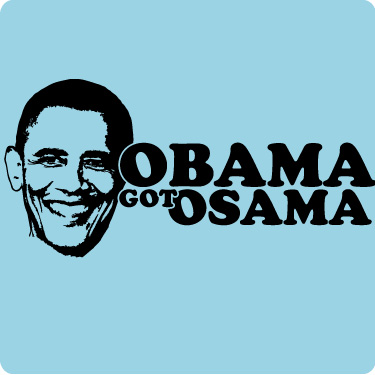And I will ask you what I asked Damo. Keep in mind I am not supporting Obama. What specific policy or policies did this administration enact that drove the unemployment rate up. Historically, we credit the administration that came before for the economy for the next year after the new administration took over. Do you believe that in March 2009 the unemployment rate was on its way down and Obama did something specific to drive it back up again? If so What?
I get a weekly e-mail from economist John Mauldin who I'm a big fan of. Here is a small portion below which lays out the economic results which come from the overregulation by the Obama Administation and I would argue the lack of leadership.
We Live in Uncertain Times
The Wall Street Journal op-ed I mentioned (which we will look at in greater depth in a minute) noted:
"In 2010, the number of Federal Register pages devoted to proposed new rules broke its previous all-time record for the second consecutive year. It's up by 25% compared to 2008. These regulations alone will impose large costs and create heightened uncertainty for business and especially small business."
A recent survey by the National Federation of Independent Business shows that small-business concern over government regulation has risen to match the level of concern about taxes and poor sales.
Uncertainty is clearly a contributing factor to the economic malaise we are in.
"Policy uncertainty is another beast altogether. Two recent studies offer hard evidence to back the intuition that confusion about what Uncle Sam is going to do has dampened the recovery, leading to subpar job creation. Stanford University economists Scott Baker andNicholas Bloom joined the University of Chicago's Steven Davis in using a variety of measures, such as news stories and the number of federal tax code provisions set to expire, to construct an index of policy uncertainty levels. The results show entrepreneurs have more doubts today about where policy is headed than they did just a few years ago.
"The economists estimated the rise in uncertainty from 2006 to 2011 resulted in a 16 percent plummet in private-sector investment and an employment drop of 2.3 million jobs. Their findings are consistent with earlier studies, such as the one by Harvard's Dani Rodrik, which showed uncertainty acts like a tax on investment. In fact, the literature on the depressing effects of uncertainty is vast. No less an authority than now-Federal Reserve Chairman Ben S. Bernanke argued as far back as 1983 that higher uncertainty encourages firms to postpone high-expense investment.
"In a just-released study, San Francisco Federal Reserve economists Sylvan Luc and Zheng Liu offer more hard evidence of uncertainty's depressing effect. When people don't know what government will do next, they're less willing to invest and spend. They found higher uncertainty levels during the Great Recession increased the unemployment rate by 1 to 2 percent. That is, if uncertainty levels had remained stable, they say, 'the unemployment rate would be closer to 6 or 7 percent rather than to the 8 or 9 percent it actually registered.' Each percentage point difference means 1.5 million wind up in the unemployment lines." (Nita Ghei for The Washington Times, athttp://www.washingtontimes.com/news/2012/sep/21/uncertainty-and-unemployment/)
http://www.businessinsider.com/the-unintended-consequences-of-qe-infinity-2012-9
